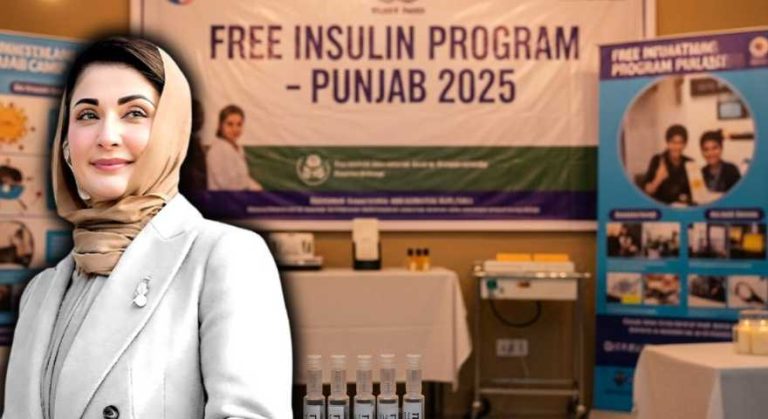Steel Pipes: The Backbone of Modern Infrastructure and Industry

Steel pipes are essential components that support the growth and efficiency of today’s modern infrastructure. Whether it’s transporting water, gas, or oil, or being used in construction, automotive, or manufacturing sectors, steel pipes are everywhere around us. Their strength, durability, and versatility make them an essential product for industries across the globe, including Pakistan. In this article, we explore what steel pipes are, how they’re made, their types, uses, manufacturing hubs, and the growing demand in both domestic and international markets.
What Are Steel Pipes?
Steel pipes are cylindrical tubes made primarily from steel and used to transport substances such as liquids, gases, and even solids in some cases. They are favored for their ability to withstand high pressure, resist corrosion, and maintain their strength over long periods. These pipes can range in diameter, thickness, and length depending on their specific use.
Types of Steel Pipes
There are several types of steel pipes, categorized based on their manufacturing methods and applications:
Seamless Steel Pipes
These are manufactured without a weld-joint. Seamless pipes are used in high-pressure applications like oil and gas, nuclear plants, and boilers.
Welded Steel Pipes
These are made by rolling steel plates and welding them together. They are less expensive than seamless pipes and are commonly used in construction and water pipelines.
Galvanized Steel Pipes
Coated with a layer of zinc to prevent corrosion, these pipes are mostly used for water supply, fencing, and structural purposes.
Stainless Steel Pipes
Made with chromium, these pipes are highly resistant to corrosion and are used in industries like food processing, chemical manufacturing, and hospitals.
How Steel Pipes Are Manufactured
The process of making steel pipes involves several stages:
Melting the Raw Material
Scrap steel or iron ore is melted in a furnace to create molten steel.
Forming the Pipe
- For seamless pipes, the molten steel is poured into molds and formed into billets. These billets are then pierced through the center to create a hollow shell.
- For welded pipes, steel sheets or plates are rolled and welded at the seam.
Finishing Process
The pipes are cut into required lengths, heat-treated, tested for strength, and coated if needed.
Quality Inspection
Each pipe undergoes rigorous testing, including pressure tests, chemical analysis, and surface inspections.
Common Uses of Steel Pipes
Known for their robustness and versatility, steel pipes serve as a crucial element across a wide range of industrial applications.
- Construction: For scaffolding, building structures, and columns.
- Oil & Gas: For transporting crude oil, natural gas, and refined products.
- Water Supply: Municipal water systems and irrigation.
- Automobile Industry: Used in exhaust systems, suspension, and hydraulic systems.
- Furniture & Home Appliances: Lightweight steel tubes are used in furniture and manufacturing of appliances.
Major Manufacturers and Suppliers
In Pakistan, several companies produce and supply steel pipes for both local and export markets. Key players include:
- International Industries Limited (IIL) – A leading manufacturer of galvanized steel and seamless pipes.
- Mughal Steel – Known for structural steel and pipes for industrial use.
- Amreli Steels – Produces a variety of steel products including pipes and rods.
Apart from domestic production, Pakistan also imports specialized steel pipes from countries like China, UAE, Turkey, and Germany, especially for high-pressure or specialized industrial use.
Steel Pipe Industry in Pakistan
The steel pipe industry in Pakistan has seen significant growth due to the increase in infrastructure projects under CPEC, growing urbanization, and expansion of the gas and oil sectors. Government-supported housing and infrastructure projects are driving a steady increase in the demand for steel pipes.
However, the industry faces challenges like:
- High production costs due to energy tariffs.
- Fluctuating steel prices in international markets.
- Dependency on imports for high-quality raw materials.
Despite these challenges, local manufacturers are adopting modern techniques and expanding their production capacity to meet the rising demand.
Export Potential and Global Demand
Steel pipes are in high demand globally, particularly in countries investing in infrastructure and energy. Pakistani manufacturers have started exporting to the Middle East, Africa, and Central Asia. With quality improvements and competitive pricing, Pakistan can increase its share in the international market.
Environmental and Safety Aspects
Steel pipes are not just strong—they’re also recyclable. Steel is one of the most recycled materials on the planet, which reduces environmental impact. Moreover, steel pipes offer better safety in water and gas transportation compared to plastic alternatives, thanks to their pressure resistance and longer lifespan.
Conclusion
Steel pipes are truly the unsung heroes of industrial and urban development. From homes to highways, oil rigs to office buildings, they support the flow of life and economy. In Pakistan, the steel pipe industry holds great promise, and with proper support, investment, and modernization, it can grow into a key contributor to the national economy as well as a competitive player in global markets.
A strong and reliable steel pipe infrastructure not only supports industries but also lays the foundation for a progressive and connected future.



